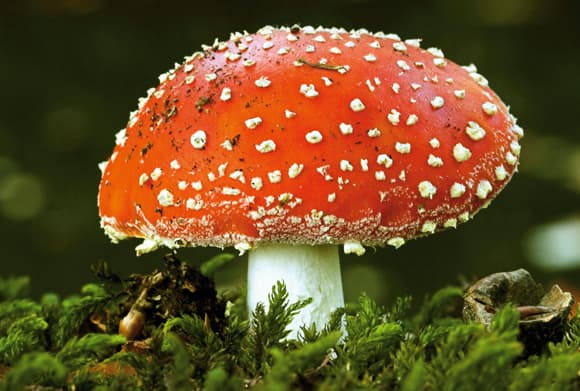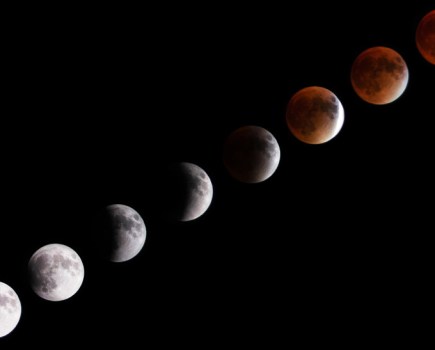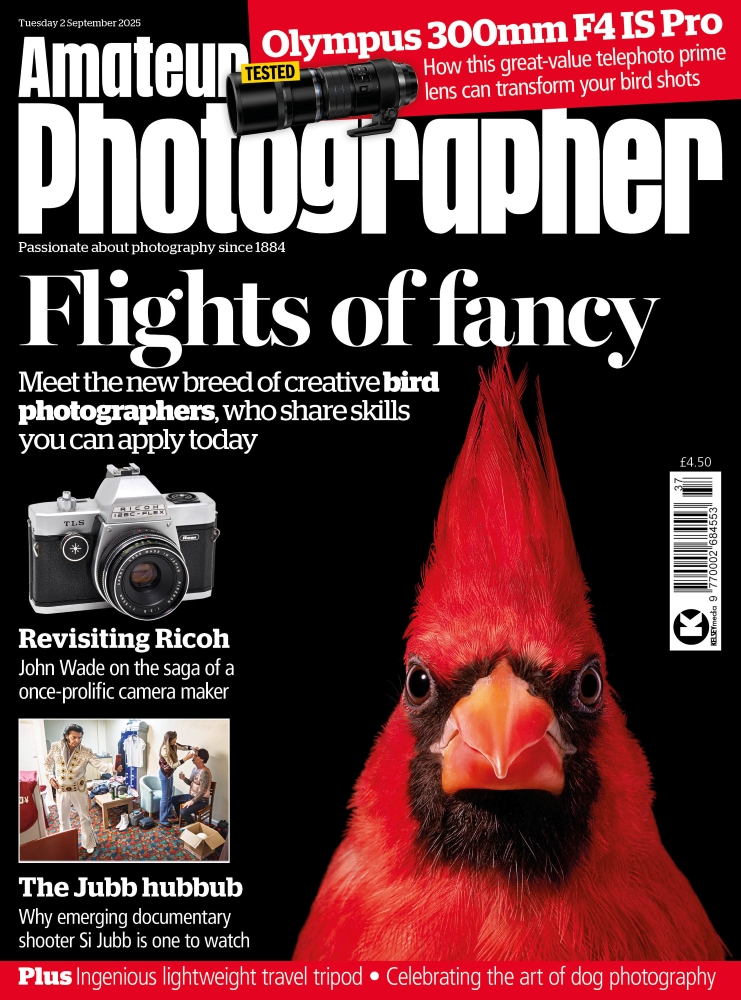A selection of top tips to help you better explore the intriguing world of mycology and improve your skills when photographing mushrooms.

• Mushrooms are a classic autumn subject, but knowing exactly where to find them is not a precise science. Remember that toadstools prefer rich soil and short grass where large animals or manure have been. They are more plentiful after rain or storms.
• Go out early. Not only is the light usually better, but the mushroom’s tendency to grow on dirt tracks and paths means that their delicate forms are easily broken during the day.
• In order to show the fungi’s complete form, get down to the mushroom’s level when composing a frame. It’s worth equipping yourself with some plastic or canvas sheeting to protect your clothes if you find yourself lying on the ground.
• For best results use a dedicated macro lens or macro accessory and mount the camera on a tripod for stability and precise focusing. Light can be in short supply; subtle fill-in flash is one solution, but a better idea is to use a small white or silver reflector or mirror to direct light onto the subject.
• When out photographing mushrooms, shoot your fungi from a variety of angles, composing different backgrounds and using additional items such as pebbles or moss to embellish the composition.
• Invest in a UK mushroom guide, such as The Mushroom Guide and Identifier by Peter Jordan (ISBN: 184038574X).
Top Tip
Unfortunately for the peckish photographer there are no hard and fast rules as to which mushrooms are edible. Most fungi taste how they smell, so it follows that unpleasant-smelling specimens will not be edible. However, the only way to be sure is to use a good mycology guidebook.







